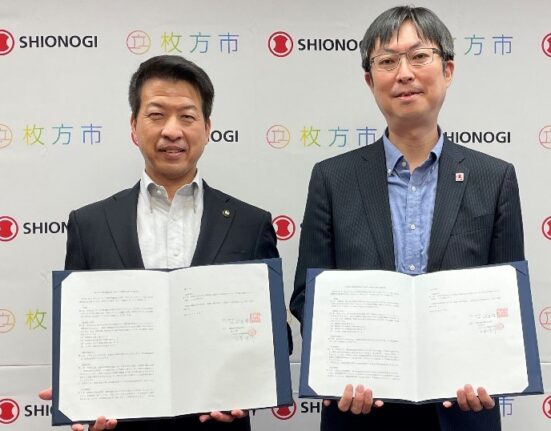Five years ago, a sales representative was scrambling to contact a healthcare professional (HCP). However, they were faced with three different records, each presenting conflicting information. The leadership team was struggling to generate accurate global reports due to discrepancies in customer data. This challenge stemmed from the varied types of HCPs and their specialties across different countries.
The industry landscape is rife with such data fragmentation issues that slow down operations, inflate costs, and impede the delivery of AI-driven insights. Many biopharma companies grappling with scaling globally encounter similar hurdles.
As global biopharmaceutical giants expand their footprint into new markets, they introduce more systems to handle the increasing volumes of data and business operations. This leads to layers of disconnected data sets, systems, and processes being built over time. While this fragmentation may not appear urgent initially, it quietly drives up costs and inefficiencies within organizations.
According to Gartner, poor data management practices can cost companies millions annually. Beyond monetary losses, data fragmentation stands as the biggest obstacle preventing the successful launch of AI and analytics initiatives in the industry.
Leading players in the biopharma sector have recognized these challenges and taken proactive steps towards harmonizing their data on a global scale. A prominent figure in one of the top 20 biopharma entities shared insights into their journey:
“With 150 years of history behind us, our data is scattered across numerous systems making it challenging to connect the dots and maximize customer value. To tackle this issue, we initiated efforts to harmonize global reference data aiming at creating a unified customer record.”
Another major player completed a significant transformation by centralizing governance through a global initiative emphasizing foundational data structures. This move underlined the critical importance of establishing strong foundational data principles within organizations.
Both companies reported tangible benefits resulting from aligning their global datasets including enhanced field agility, improved reporting accuracy as well as reduced operational costs.
Experts unanimously agree that aligning data globally offers substantial advantages but acknowledge that taking the initial steps towards transformation can be daunting. They highlight several key lessons learned during their journeys:
1) Metrics serve as guiding stars before embarking on any large-scale project.
2) Local adoption plays a crucial role even though data is managed globally.
3) Phased rollouts help manage complexity effectively.
4) Proper organizational structures are essential for successful implementation.
5) Continuous evolution is vital; harmonization is an ongoing process rather than a one-time project.
Implementing global data harmonization demands more than just technological prowess; it necessitates revisiting organizational structures and processes holistically.
By adopting an agile approach and rolling out updates systematically through structured sprints ensures continuous refinement of processes fostering long-term scalability efforts in harmonizing datasets across organizations.
In essence,
data transformation isn’t just about addressing current challenges; it’s about preparing for future opportunities by building robust foundational frameworks today.
As biopharmas continue expanding globally,
the complexity surrounding datasets will only increase;
however,
with proper governance,
structured processes,
and an agile mindset,
organizations can future-proof their systems enabling adaptability,
efficiency,
and readiness for leveraging emerging technologies effectively.
The core lesson remains:
Harmonization isn’t merely about fixing present-day hurdles;
it’s about laying solid groundwork today
to capitalize on tomorrow’s prospects efficiently.








Leave feedback about this